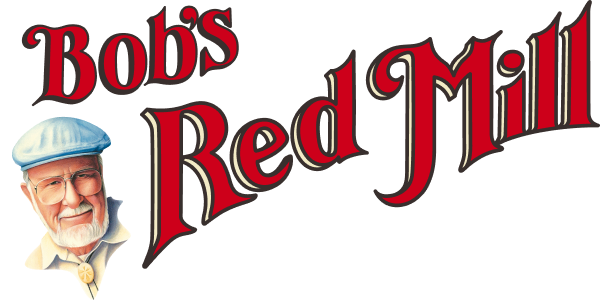


 If you've read this far and are still confused about the benefits of a gluten free diet, let us clarify some of the confusion. People who follow a gluten free diet may begin it for several reasons. Celiac disease is one of the most common reasons individuals choose to avoid gluten. An autoimmune condition, individuals with celiac disease cannot consume gluten because it triggers an immune response that ultimately damages the linings of their GI tracts. This damage causes inflammation in the small intestine and makes it hard for the body to absorb nutrients in food
Another reason people may follow a gluten free diet is to reduce the symptoms of gluten sensitivity. Though gluten sensitivity is not an autoimmune disease, it is responsible for a fair share of digestive issues. Like lactose intolerance (the inability to process or metabolize lactose), individuals with gluten sensitivity have trouble metabolizing gluten. As the body tries hard to process gluten with little success, it causes gastrointestinal distress resulting in gas, bloating, diarrhea and constipation.
Lastly, many choose to enjoy gluten free goods when they're following a low-carb diet. Because many high-carb foods contain wheat, they're not eaten as often on a gluten free diet, and many gluten free goods are also low in carbohydrates. No matter the reasoning for choosing to follow a gluten free diet, it's essential to enjoy foods made with healthy, wholesome ingredients instead of processed ones.
If you've read this far and are still confused about the benefits of a gluten free diet, let us clarify some of the confusion. People who follow a gluten free diet may begin it for several reasons. Celiac disease is one of the most common reasons individuals choose to avoid gluten. An autoimmune condition, individuals with celiac disease cannot consume gluten because it triggers an immune response that ultimately damages the linings of their GI tracts. This damage causes inflammation in the small intestine and makes it hard for the body to absorb nutrients in food
Another reason people may follow a gluten free diet is to reduce the symptoms of gluten sensitivity. Though gluten sensitivity is not an autoimmune disease, it is responsible for a fair share of digestive issues. Like lactose intolerance (the inability to process or metabolize lactose), individuals with gluten sensitivity have trouble metabolizing gluten. As the body tries hard to process gluten with little success, it causes gastrointestinal distress resulting in gas, bloating, diarrhea and constipation.
Lastly, many choose to enjoy gluten free goods when they're following a low-carb diet. Because many high-carb foods contain wheat, they're not eaten as often on a gluten free diet, and many gluten free goods are also low in carbohydrates. No matter the reasoning for choosing to follow a gluten free diet, it's essential to enjoy foods made with healthy, wholesome ingredients instead of processed ones.
 Discovering gluten flour is just the beginning. Now it's time to discover all of the many things you can create with this glutenfree ingredient. Though there are several gluten free flour substitutes on shelves, not all flours or flour blend options serve the same purpose. Continue reading as we walk you through the best gluten free flour for baking and how to use each.
Discovering gluten flour is just the beginning. Now it's time to discover all of the many things you can create with this glutenfree ingredient. Though there are several gluten free flour substitutes on shelves, not all flours or flour blend options serve the same purpose. Continue reading as we walk you through the best gluten free flour for baking and how to use each.